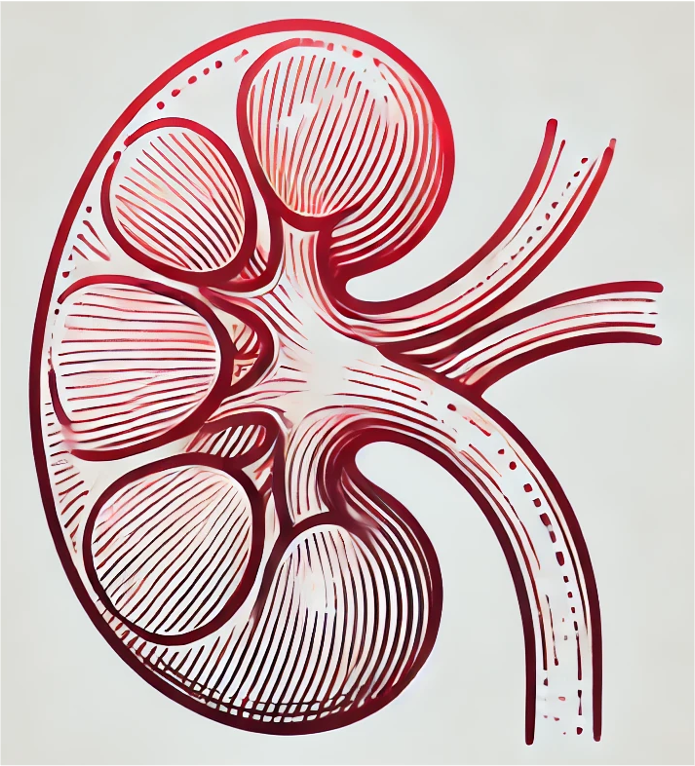Description
Uremic cardiomyopathy is a clinically highly relevant cause of cardiovascular events in patients with chronic kidney disease (CKD). This study aimed at a comprehensive analysis of cardiac function and cardiac pathological characteristics in adenine-induced CKD in 129/Sv mice. This included the analysis of kidney function and morphology, heart function as well as cardiac hypertrophy, fibrosis and calcification. Also, cardiac RNA-sequencing was performed. Although overall, no cardiac dysfunction, hypertrophy or fibrosis could be observed, prolonged moderate CKD in this mouse model enhanced cardiac oxidative stress markers. In line, cardiac RNA-sequencing revealed an increase in oxidative stress-inducing signaling in CKD as well as anti-inflammatory feedback responses. This suggests a maladaptive preconditioning of the heart in CKD, which could increase the risk of enhanced cardiovascular damage upon additional cardiovascular risk factors and/or events.
Overall Design
4 control samples and 4 treatment samples were analysed with no replicates
Curator
yq_pan
